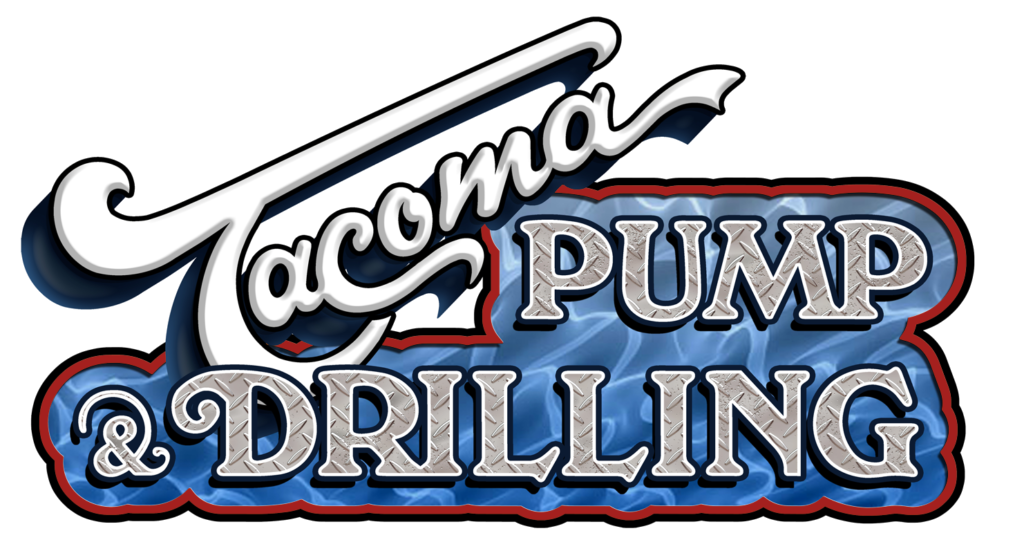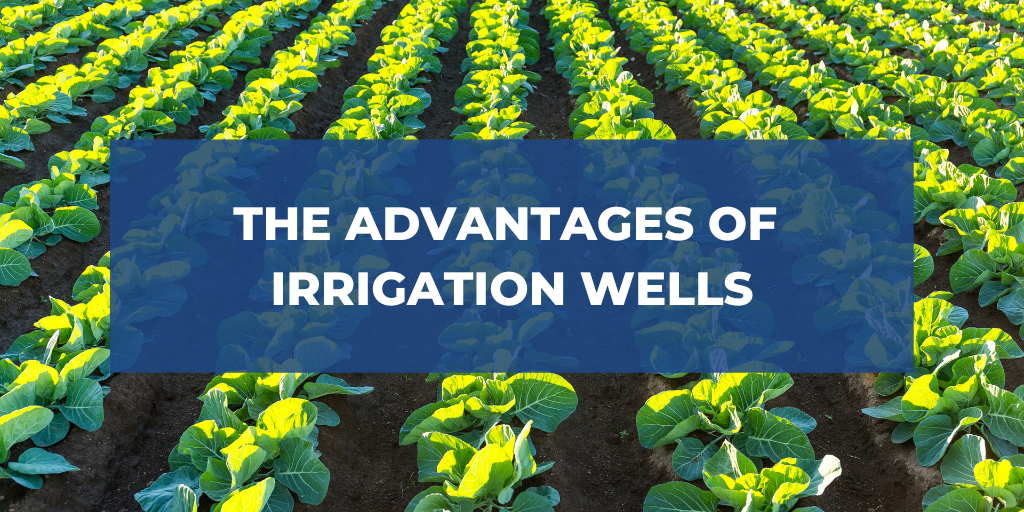If you already have a well on your property that provides water to your home, then you understand the value of well water. Reduced utilities, chemical-free water, and the knowledge that groundwater is a renewable resource are just a few of the advantages. Do those same advantages apply, however, if you wish to use your well for irrigation? This post unpacks the importance of irrigation wells in Washington State and how to add one to your property.
What is an Irrigation Well?
In the most basic terms, an irrigation well is a water well that is used to irrigate your property. For many homeowners, the water used to supply their home is the same well water that irrigates their lawn and garden.
If, however, you own a farm, orchard, commercial garden, more than ½ acre of land to water, or plan to use over 5,000 gallons of water per day, it’s time to consider an irrigation well. (Livestock isn’t listed here because in Washington State, “stock water” falls into the category of water usage that does not require a water right. But more on that in a moment.)
Most irrigation wells are drilled specifically for use on larger properties, farms, and orchards. They are designed to support higher water use than a standard residential well. While the drilling process is the same (or very similar) to any well, the preparation and permitting process is quite different.
Washington State Water Rights
In Washington State, water belongs to the public. According to the Department of Ecology, “Waters of the state…can’t be owned by any individual or group. Instead, a person or group may be granted a right to use a volume of water, for a defined purpose, in a specific place.” This is called a water right.
A water right is not necessary for WA if you fall into the following categories:
- You are a homeowner and you use less than 5,000 gallons of water per day
- You are a commercial property owner and you use less than 5,000 gallons per day
- Lawn or non-commercial garden irrigation of ½ acre or less
- Your water is used for stock water
If you plan to install an irrigation well and you do not fit any of the above categories, you first need to obtain a water right. The Landowner’s Guide to Washington Water Rights is a great resource to help you understand the unique system our state uses to protect our water supply. At the beginning of the guide is a story of caution for every landowner or future landowner: be sure to establish if the land has water rights (or can access them) before purchasing property for agricultural use. Without a water right, it is impossible to drill your irrigation well.
The Benefits of an Irrigation Well
Once you’ve determined if your property has access to water rights, as well as plenty of available water in your watershed, you are one step closer to an irrigation well. What does this mean for your property or business?
Much like any water well, irrigation wells provide fresh water for your crops, orchards, animals, and more. As long as your watershed experiences plenty of water runoff from snowpack and a steady groundwater supply, you are free to irrigate your land without the strain of high water bills, water use restrictions, or chemicals.
In fact, the lack of chemicals in irrigation well water is a huge benefit when it comes to organic farming. When the water you put on your plants is healthy and clean, both you and your customers benefit.
Add An Irrigation Well to Your Property
At Tacoma Drilling, we’ve spent nearly nine decades helping Washington property owners gain access to the water they need. We’ve worked with farmers, new landowners, and industry leaders throughout changing legislation, water right access, and more. We’re here to help you understand the best way to add an irrigation well to your property. We’ll gladly walk you through the process so you can get started developing your land and growing your business.

